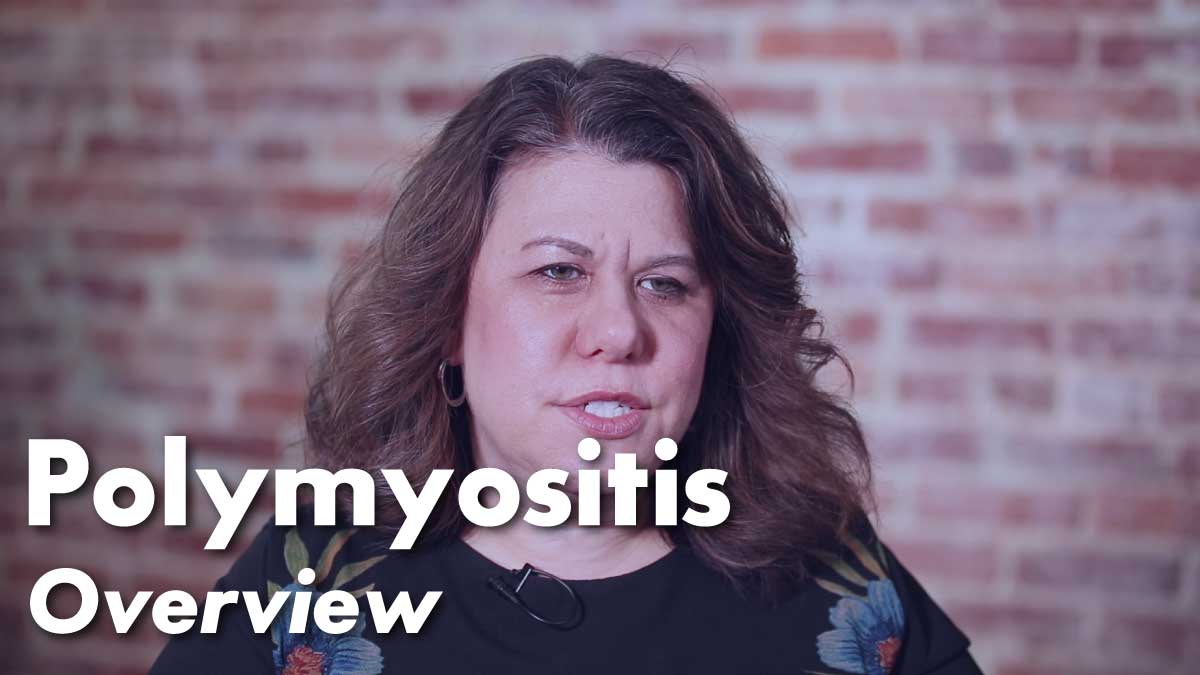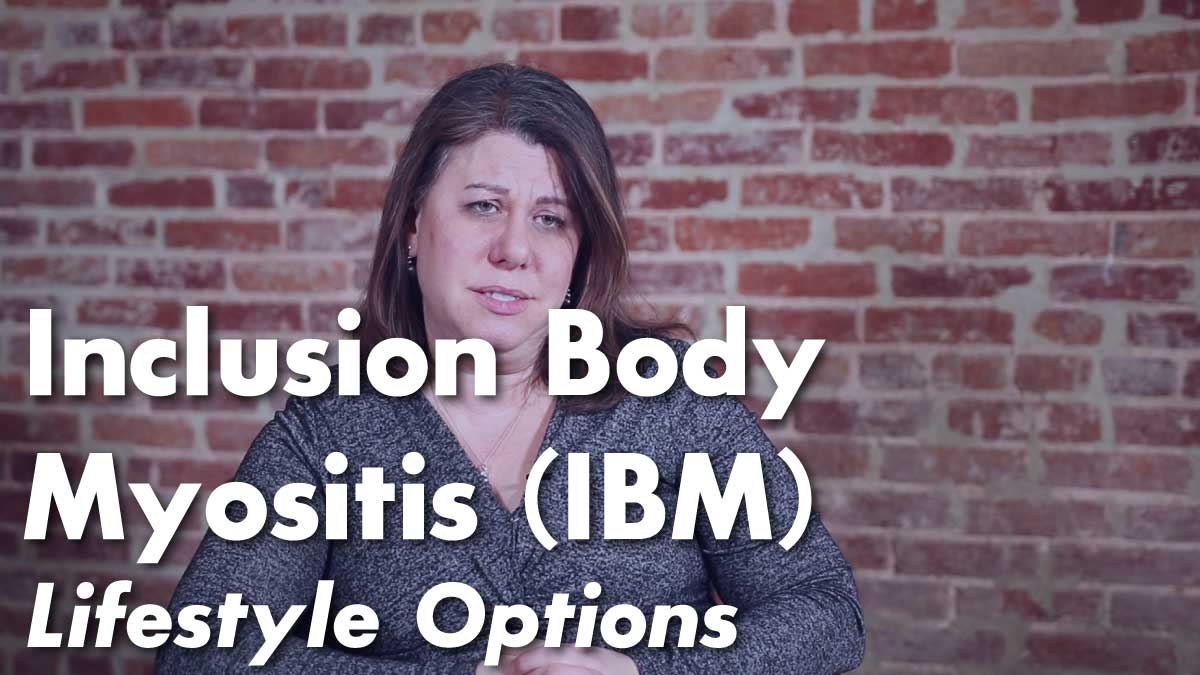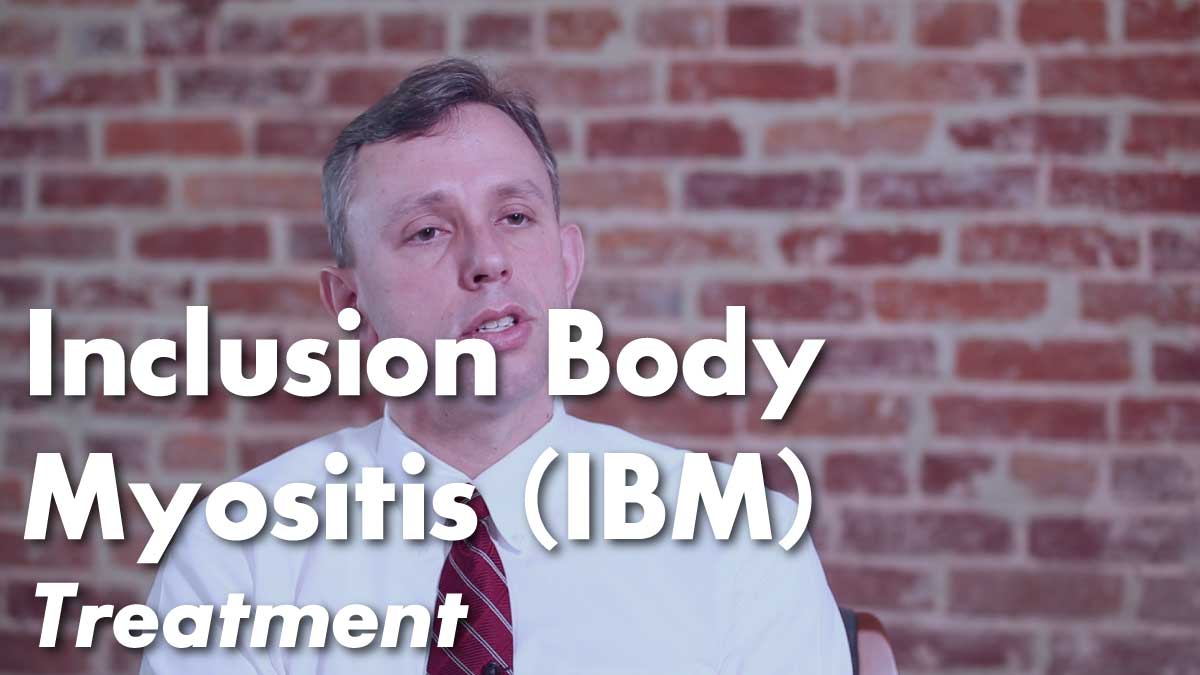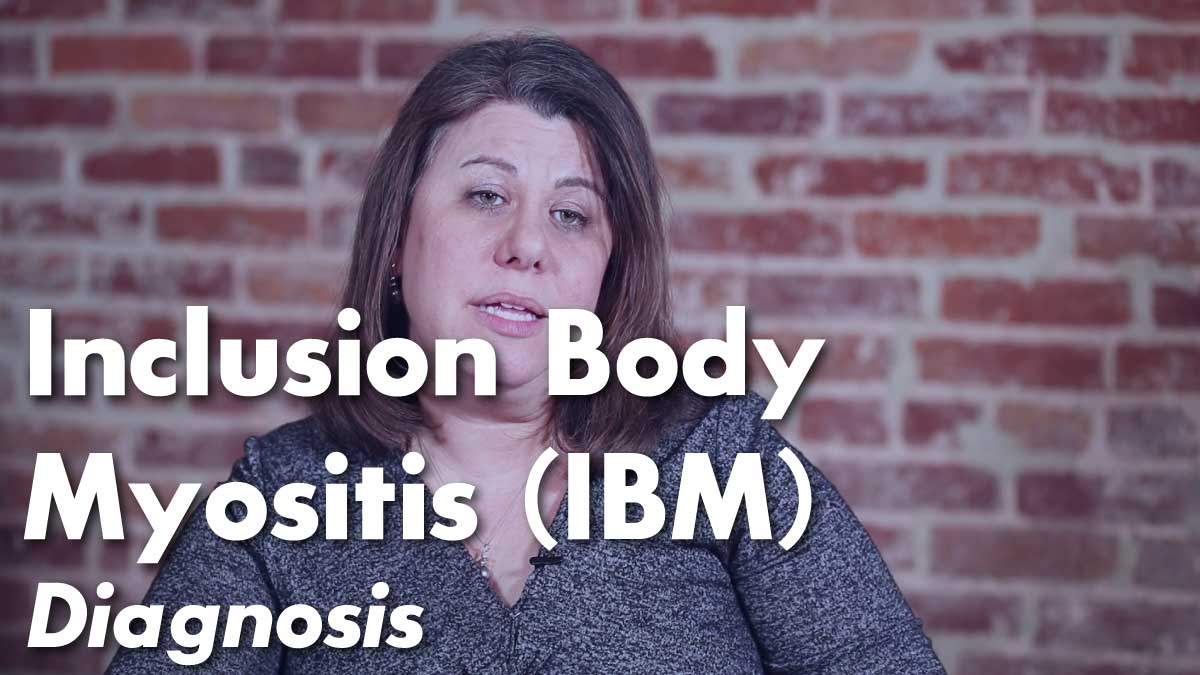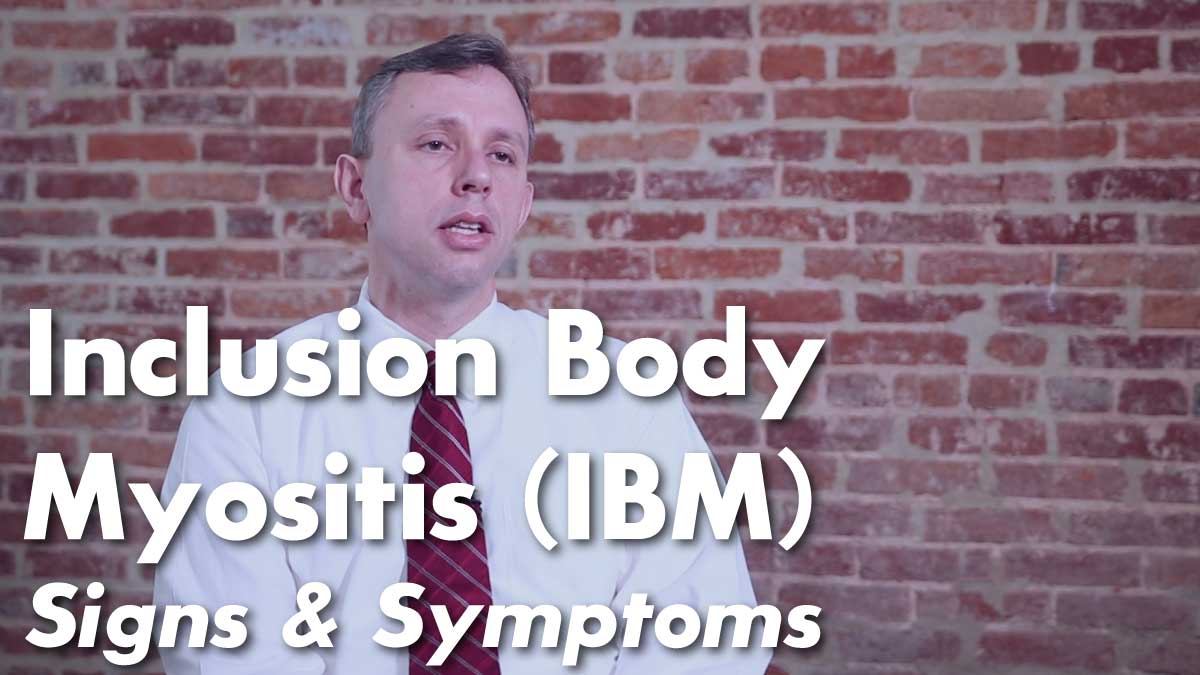
The first signs that usually appear in polymyositis patients are weakness in the shoulders and hips, and an inability to lift their arms over their head. In this video, Dr. Lisa Christopher-Stine, the Director of the Myositis Center, discusses the symptoms of Polymyositis.
